CALAPAN CITY: The provincial government of Oriental Mindoro has issued an executive order to intensify efforts against dengue as cases in the province surge, officials announced Thursday (August 29).
Executive Order No. 34, signed by Gov. Humerlito A. Dolor, outlines comprehensive measures to prevent, detect, and control dengue transmission across households, communities, schools, and workplaces.
The order comes as Oriental Mindoro faces a 75% increase in dengue cases compared to last year.
As of Aug. 2, the Provincial Health Office recorded 2,697 dengue cases and 12 deaths in 2024, up from 1,527 cases with 12 deaths in the same period last year.
Four cities and municipalities — Calapan City, Mansalay, Pinamalayan, and Bululacao — have exceeded the epidemic threshold for dengue, prompting urgent action from LGU authorities.
“We are taking this dengue situation very seriously,” Dolor said in a statement. “This executive order provides a framework for all sectors to work together in combating this disease that threatens our communities.”
The order mandates town chief executives to implement the Department of Health’s Enhanced 4S Strategy against Aedes-borne diseases. This includes activating barangay-level anti-dengue teams and synchronizing community-wide cleaning efforts.
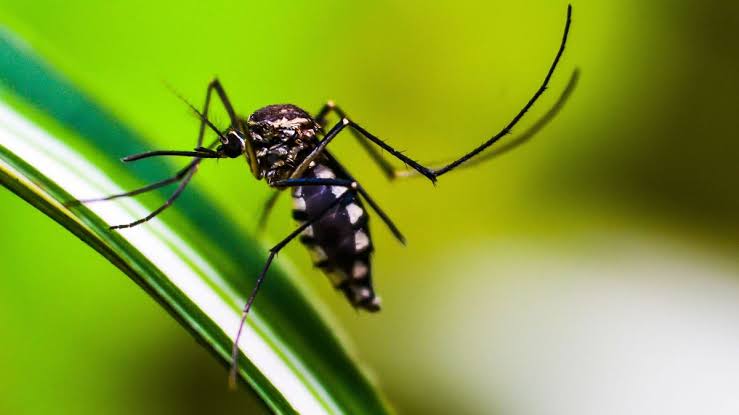
A key focus is eliminating mosquito breeding sites. Mindoreños are urged to regularly inspect and clean water containers, cover storage tanks, and clear areas where mosquitoes might breed.
The order also stresses personal protection measures.
Health officials recommend using mosquito repellents containing DEET, picaridin, or lemon/eucalyptus oil. Installing window and door screens and using bed nets, especially for infants and young children, are also advised.
In schools, regular inspections of grounds to identify and eliminate standing water in containers and plant pots are mandated.
The order calls for proper waste disposal and maintenance of clean gutters and drains.
Workplaces are required to conduct vector control measures, including regular inspections to eliminate potential mosquito breeding sites. Employees are encouraged to use mosquito repellents and wear protective clothing during peak mosquito activity times.
The provincial government is ramping up its diagnostic capabilities to ensure timely detection of dengue cases.
Health facilities are instructed to enhance their laboratory capacities to handle increased demand for dengue testing.
“Early detection and proper management of dengue cases are crucial in preventing severe complications and potential fatalities,” the provincial government said.
The order establishes clear treatment protocols for managing dengue patients, including guidelines for hydration therapy and monitoring for complications. Healthcare providers and professionals will receive education on these protocols.
To address potential surges in dengue cases, the governor’s executive order calls for the development of emergency response plans. This includes preparing “Dengue Fast Lanes” in public and private hospitals and rural health units to ensure prompt medical attention for suspected dengue patients.
Community engagement is a central component of the anti-dengue campaign.
Local government units are tasked with organizing clean-up drives and educational initiatives to raise awareness about dengue prevention.
The executive order also strengthens the province’s dengue surveillance system.
Local government units are required to report cases weekly to higher-level epidemiology and surveillance units using standardized forms.
Vector surveillance activities, including identifying and destroying mosquito breeding sites and monitoring high-risk areas, will be intensified. These efforts aim to provide early warning of potential dengue outbreaks.
Health officials stress that dengue symptoms include high fever, severe headache, pain behind the eyes, and muscle and joint pain. They urge residents experiencing these symptoms to seek medical attention promptly.
The order underscores the importance of multi-sectoral collaboration in dengue prevention and control. It calls for coordination between local government units, health organizations, schools, and community groups in implementing the outlined measures.
“Dengue is a complex problem that requires a united response,” Dolor said. “By working together and following these guidelines, we can protect our communities and reduce the impact of this disease.”
The executive order takes effect immediately and will remain in force until modified or repealed by a subsequent order. Local officials are now tasked with disseminating the information and implementing the prescribed measures in their respective jurisdictions.


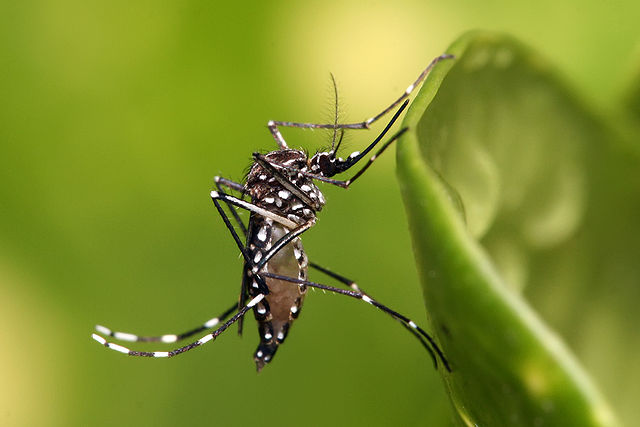



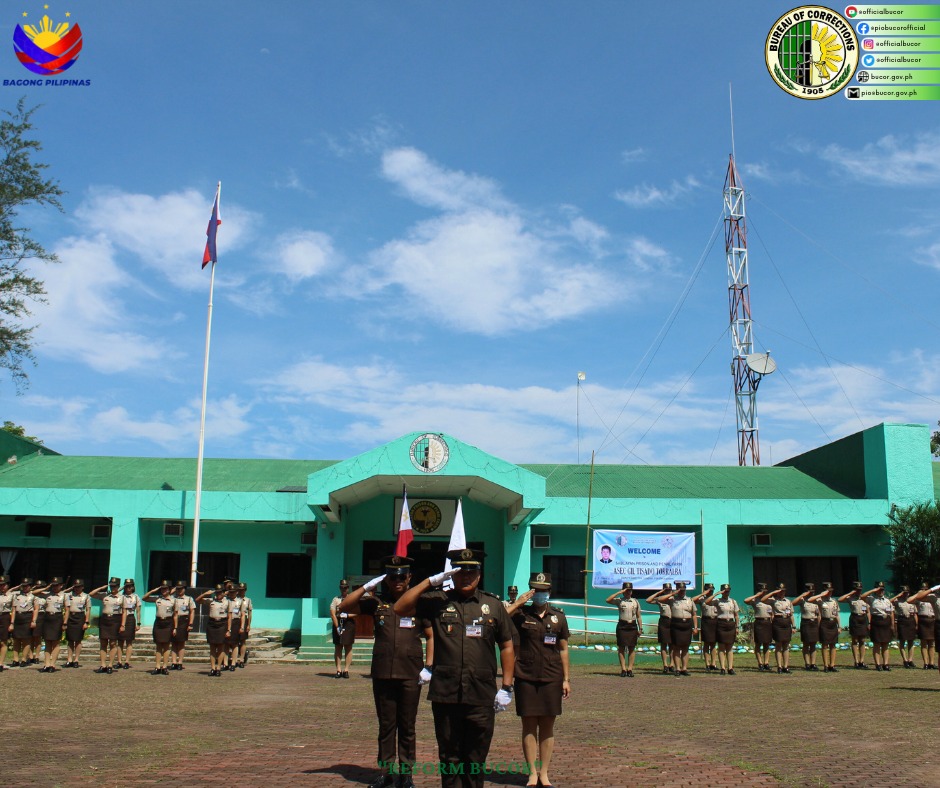
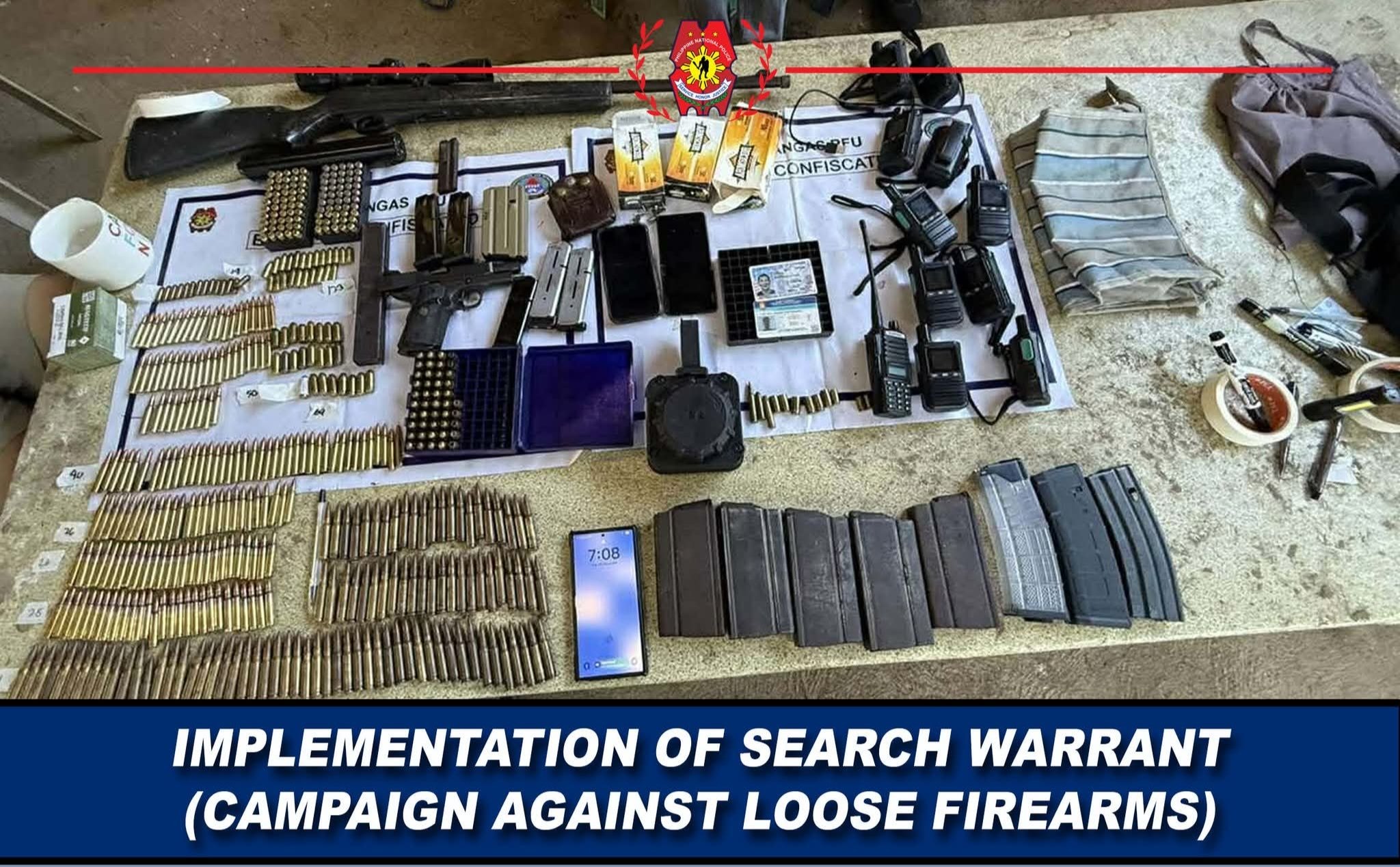
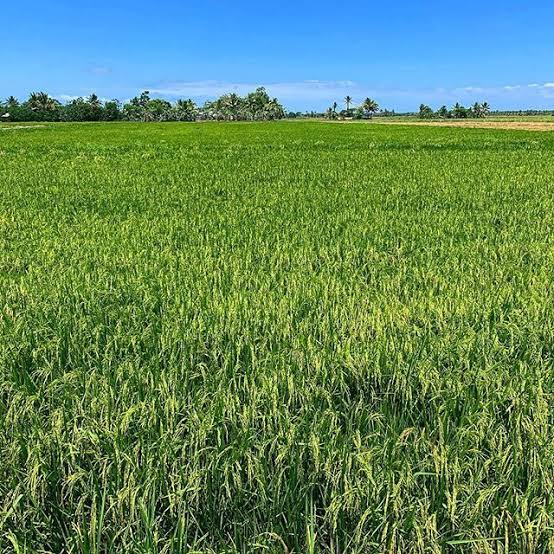
Write Your Comment